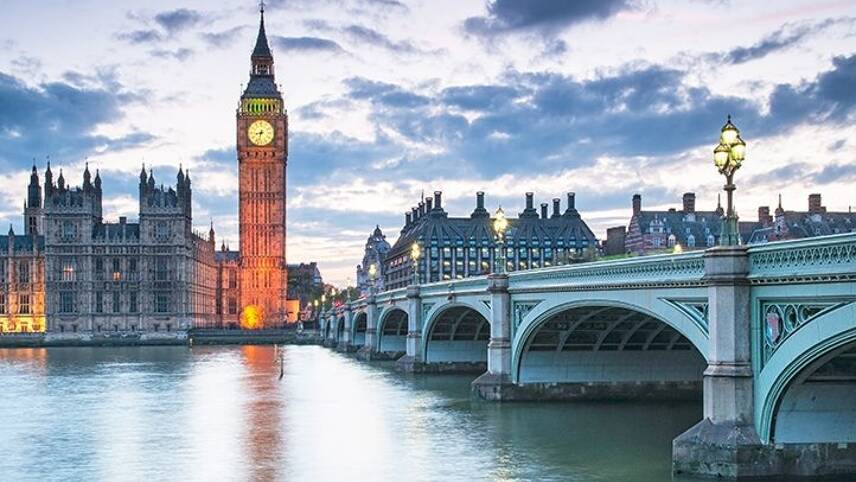Register for free and continue reading
Join our growing army of changemakers and get unlimited access to our premium content

A new report from the Public Accounts Committee (PAC) warns that the Government is yet to set out a detailed long-term plan to reach its mandated net-zero target for 2050.
The PAC notes that the Government is prioritizing short-term interventions aimed at boosting confidence in low-carbon markets, but that this can be instantly undone by largescale policy rollbacks like the one witnessed in September for transport and heating.
The MPs have criticised the fact that there is no single person or organisation that has responsibility for overseeing the performance of government support for low-carbon innovation. The PAC also notes a lack of reporting mechanisms to detail Government and public finance support for low-carbon technologies such as offshore wind and nuclear advanced modular reactors.
The PAC warns that the £23bn provided by both public and private sectors last year for low-carbon innovation will need to increase by two to three times annually in order to hit the Government’s long-term climate targets. Most of this increase would need to come from a private sector encouraged to invest by Government action.
Dame Meg Hillier MP, Chair of the Committee, said: “Our Committee has warned time and again of the damage that can be done to delivering policy by the lack of long-term planning and funding from government. There is no more critical area where this is true than on net zero. If the Government continues to leave businesses to peer through a haze of uncertainty, then that investment will not be forthcoming. Businesses and consumers need certainty.
“On supporting innovation for net zero, the Government needs to agree with itself on what success looks like, what failure looks like, and report transparently on progress. Such basic building blocks being absent four years after a pledge critical to our very way of life was made is disappointing. The Government must call an end to this faltering approach, or risk spelling out to industry, the public and the world that the UK is simply not serious about tackling climate change.”
Reviews and u-turns
The Government’s current delivery plan for financing the net-zero transition only reflects funding for the Spending Review period from 2022 to 2025. The PAC argues that this will provide little confidence for investors to support long-term decarbonisation through cutting edge, and currently expensive, innovation.
Confidence has also been dented by the Prime Minister’s decision to relax some deadlines for phase-outs.
In September, Sunak confirmed a five-year delay on the ban on new petrol and diesel car sales. This was set for 2030 under Boris Johnson but will now be amended to 2035. This is aligned with the dates in the EU and many US states. Additionally, Sunak moved a ban on oil boilers in off-grid homes, initially set for 2026, to 2035. A wider plan to phase out 100% of domestic gas boilers by 2035 has also been weakened to 80%. See the full announcements from Sunak’s net-zero bonfire here.
The PAC also argues that businesses are struggling to find sources of public sector funding. The report warns that developing new technology may be taking priority over focusing on the practical challenges of integrating low-carbon innovation and that no Government guidance is available to address that.
Commenting on the report, Jess Ralston, Head of Energy at the Energy and Climate Intelligence Unit (ECIU) said: “The Government recently failed to secure more offshore wind farms at a time when British renewables would help boost our energy independence.
“By rowing back on net zero policies like the switch to electric cars and insulation rules for privately rented homes, whilst at the same time attempting to expand drilling in the North Sea, the Government is sowing seeds of confusion. That’s not good for investment, as evidenced by the UK slipping down the rankings for green investment with Australia and France leaping ahead of us.
“This Government says it wants to grow the economy and boost investment. A strong response to the US’s Inflation Reduction Act and a clear industrial strategy in the Autumn Statement next week is a perfect chance for them to prove it. Companies are already making decisions to relocate to the States taking jobs and economic growth with them.”


Please login or Register to leave a comment.